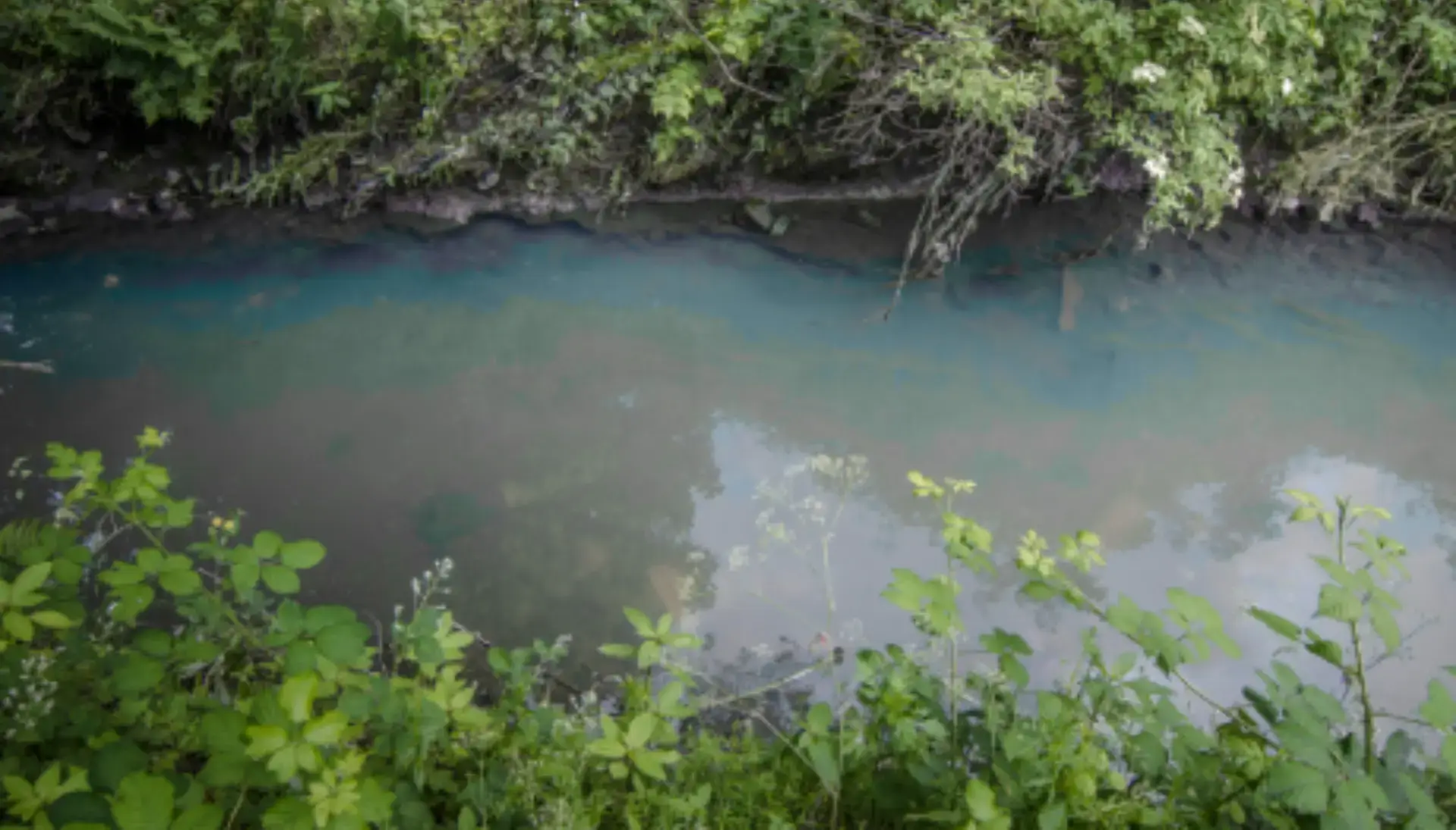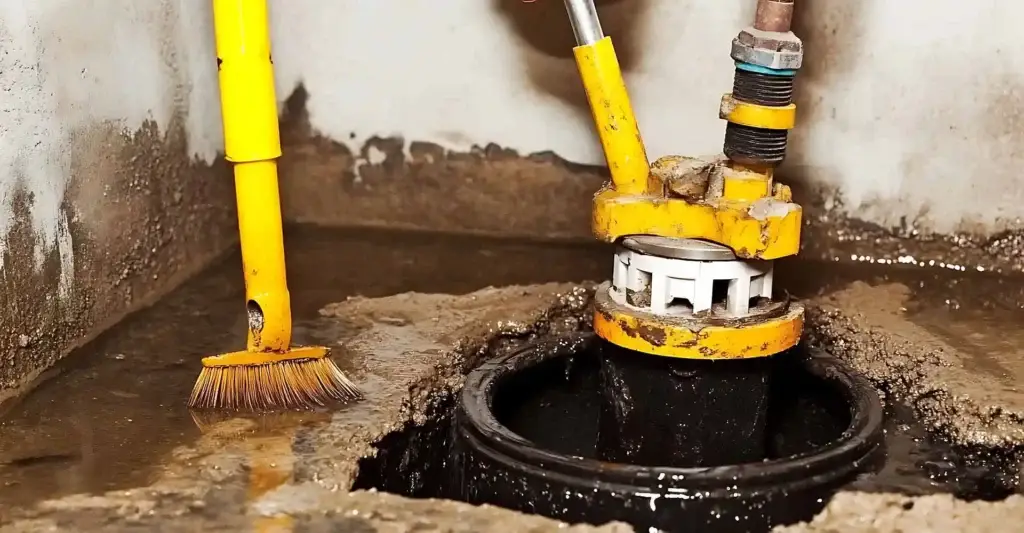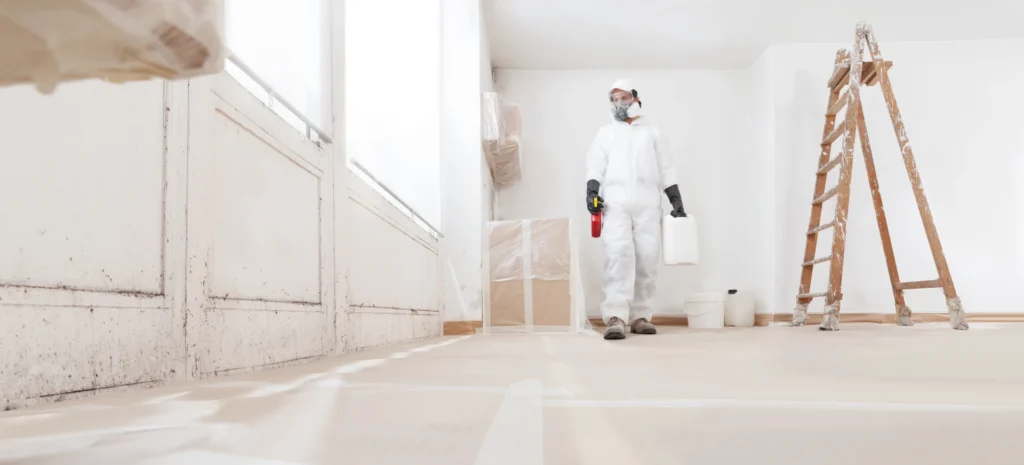An oil spill is a nightmare no one wants to face. While we often think of them happening in oceans, they are a significant hazard right here in the UK. From a leaking oil tank on a farm to an industrial accident in a factory, an oil spill on your property can have devastating effects on the environment and your finances.
Cleaning an oil spill is far more complex than just wiping it up. It requires a multi-faceted approach and professional expertise to avoid severe soil and water contamination, huge legal fines, and long-term repercussions. This guide is for UK homeowners and businesses, designed to help you understand the risks and the essential steps you need to take to restore your property.
Skip to:
What is an oil spill and why do they happen?
The legal and financial fallout
What is an oil spill and why do they happen?
An oil spill is a major environmental hazard, and they can occur anywhere oil is used, stored, or transported. According to the UK Environment Agency, hundreds of oil pollution incidents are reported each year, with spills affecting rivers, soil, and groundwater. While marine spills get the most media attention, land-based incidents are more common and can pose a serious threat to communities.
Some of the most common causes of oil spills in the UK include:
- Leaking fuel tanks: Many homes and businesses, particularly in rural areas, rely on oil storage tanks for heating. These tanks degrade over time, leading to leaks that can contaminate the surrounding soil and groundwater. The UK Spill Association estimates that a typical oil spill on land costs up to £30,000 to clean up, a cost often borne by the property owner.
- Industrial accidents: Factories, construction sites, and power plants use large amounts of oil. A simple equipment malfunction or human error can lead to an accidental spill, with severe consequences.
- Transport accidents: Lorries, tankers, and other vehicles carrying oil or fuel can have mechanical failures or be involved in crashes, which can cause hazardous spills on our roads and waterways.
- Illegal disposal: Improper or illegal disposal of waste oil is a serious problem that causes long-term environmental damage and can lead to expensive legal penalties.
The consequences of an oil spill
The impact of an oil spill is severe and can quickly become a serious problem for your property, the environment, and your bank account.
- Water and soil contamination: Just one litre of oil can contaminate up to one million litres of water. When oil seeps into the ground, it poisons soil and underlying water sources, making it unsuitable for agriculture and a danger to local wildlife. This kind of contamination can take years to fully remediate.
- Harm to wildlife: Oil can have devastating effects on wildlife, particularly birds and small animals. It coats their feathers and fur, reducing insulation and buoyancy, which can lead to hypothermia, poisoning, and death.
- Health risks: While often overlooked, oil spills can pose serious health risks to humans. The fumes from spilled oil can cause respiratory issues, and contact with contaminated soil or water can lead to skin irritation and other ailments.
- Property devaluation: The presence of an oil spill on your property, even after it’s cleaned, can cause its value to plummet. Potential buyers are often put off by the risk of residual contamination and the potential for a return of the problem.

The legal and financial fallout
In the UK, landowners and businesses are legally responsible for cleaning up any oil pollution on their property, even if they were not the cause of the spill.
- Strict regulations: The Environment Agency has strict regulations in place to prevent and manage oil pollution. Under the Environmental Protection Act 1990, landowners can be held criminally responsible for contamination, which can lead to unlimited fines for serious offences.
- Prosecution and fines: Failure to report or properly deal with a spill can lead to prosecution. In some cases, fines can be substantial. For example, in England and Wales, a court can impose an unlimited fine for an offence on conviction.
- Insurance issues: Many businesses and homeowners assume their insurance will cover an oil spill clean-up, but this is not always the case. Some policies have specific exclusions for oil pollution, especially if the leak was caused by an unmaintained tank or a pre-existing problem that was ignored.
The methods of professional oil spill clean-up
A professional emergency oil spill clean-up is not a one-size-fits-all solution. Experts use a combination of advanced techniques to ensure complete removal and environmental restoration.
- Containment: The first and most critical step is to stop the spill from spreading. Specialists use containment booms and absorbent materials to isolate the oil, which is crucial for preventing further contamination of a wider area.
- Bioremediation: This is an advanced clean-up technique that uses naturally occurring microorganisms to break down the oil into harmless by-products. It is a highly effective, eco-friendly method for both soil and water contamination.
- Excavation: For severe land contamination, excavating the affected soil and replacing it with clean, uncontaminated material is often necessary to ensure the land is safe and decontaminated.
- High-pressure washing: For spills on hard surfaces like roads or industrial sites, high-pressure washing lifts the oil from the surface, allowing for proper collection and disposal.
Learn how Ideal Response tackled a large kerosene spill when over 2,000 litres of heating oil leaked through the grounds of a high-net-worth property in West Sussex.
Why you need a professional
Attempting to clean an oil spill on your own without the right equipment and expertise is not only ineffective but can lead to severe legal and financial repercussions. It’s simply not worth the risk.
Professional oil spill cleanup companies like Ideal Response offer a rapid, 24/7 service to deal with spills on land, roads, or nearby watercourses. We provide the expertise and specialist techniques required to ensure every trace of oil is removed. Our certified waste disposal and post-clean-up verification guarantee that your property is fully restored and compliant with all UK environmental regulations.
Don’t let a spill become a disaster. Taking quick, professional action is the only way to protect your property and the environment from long-term damage.
Dealing with an oil spill? Contact us for professional oil spill cleanup services and expert remediation or discover more about the process we commonly use to tackle an oil spill by using the link below.
Need to speak to a specialist urgently? Call 01622 926 505
Oil spills: Frequently asked questions
What is an oil spill and where can they occur in the UK?
An oil spill is a major environmental hazard involving the release of oil, often associated with marine disasters, but can happen anywhere oil is used or stored, including industrial facilities, construction sites, roadways, agricultural land, and from domestic or commercial leaking fuel tanks across the UK.
What are the main causes of oil spills in homes or businesses?
Main causes of oil spills in the UK include leaking fuel tanks (domestic and commercial), industrial and commercial accidents at factories or power plants, transport accidents involving vehicles carrying fuel, and instances of illegal disposal of oil.
What are the environmental impacts and dangers of an oil spill?
The environmental impacts of an oil spill include severe water contamination (one litre can contaminate one million litres), soil and groundwater pollution, and devastating harm to wildlife (coating feathers/fur, poisoning). They also carry significant economic consequences through clean-up costs, fines, and reputational damage.
How are oil spills cleaned up and contained effectively?
Oil spills are cleaned up using a combination of methods. The first step is containment and absorption using booms and absorbent materials. Other methods include bioremediation (microorganisms breaking down oil), high-pressure washing and steam cleaning for hard surfaces, sometimes chemical dispersants (used carefully), and in severe cases, excavation and soil replacement.
Why is professional oil spill clean-up essential in the UK?
Professional oil spill clean-up is essential in the UK to prevent widespread damage, ensure complete removal of contaminants, and avoid severe legal repercussions under strict environmental laws. Professionals offer rapid response, specialist bioremediation techniques, certified waste disposal, and post-clean-up verification for thorough decontamination.
What are the legal implications of an oil spill for UK landowners or businesses?
In the UK, oil spills are subject to strict environmental regulations. Landowners and businesses can be held legally responsible for contamination under acts like the Environmental Protection Act 1990 and the Water Resources Act 1991. Failure to comply can result in heavy fines, potentially reaching millions, and legal action.
Why should I hire a professional for oil spill clean-up rather than doing it myself?
You should hire a professional for oil spill clean-up because attempting it yourself without the right equipment and expertise can lead to incomplete removal, prolonged contamination, and significant legal repercussions. Professionals possess the necessary knowledge and tools for safe, effective, and compliant remediation.

Andy Garside - Operations Director
Andy brings over 30 years of extensive experience in disaster response and hazardous waste management. With a career deeply rooted in environmental and pollution incident response, Andy possesses thorough technical knowledge of hazardous materials and waste industry operations. Andy ensures the highest standards of safety, compliance, and environmental responsibility across a wide range of complex remediation and decontamination projects. For Andy, operational excellence means not just protecting assets, but also safeguarding public health and the environment, even in the most high-pressure situations.





















